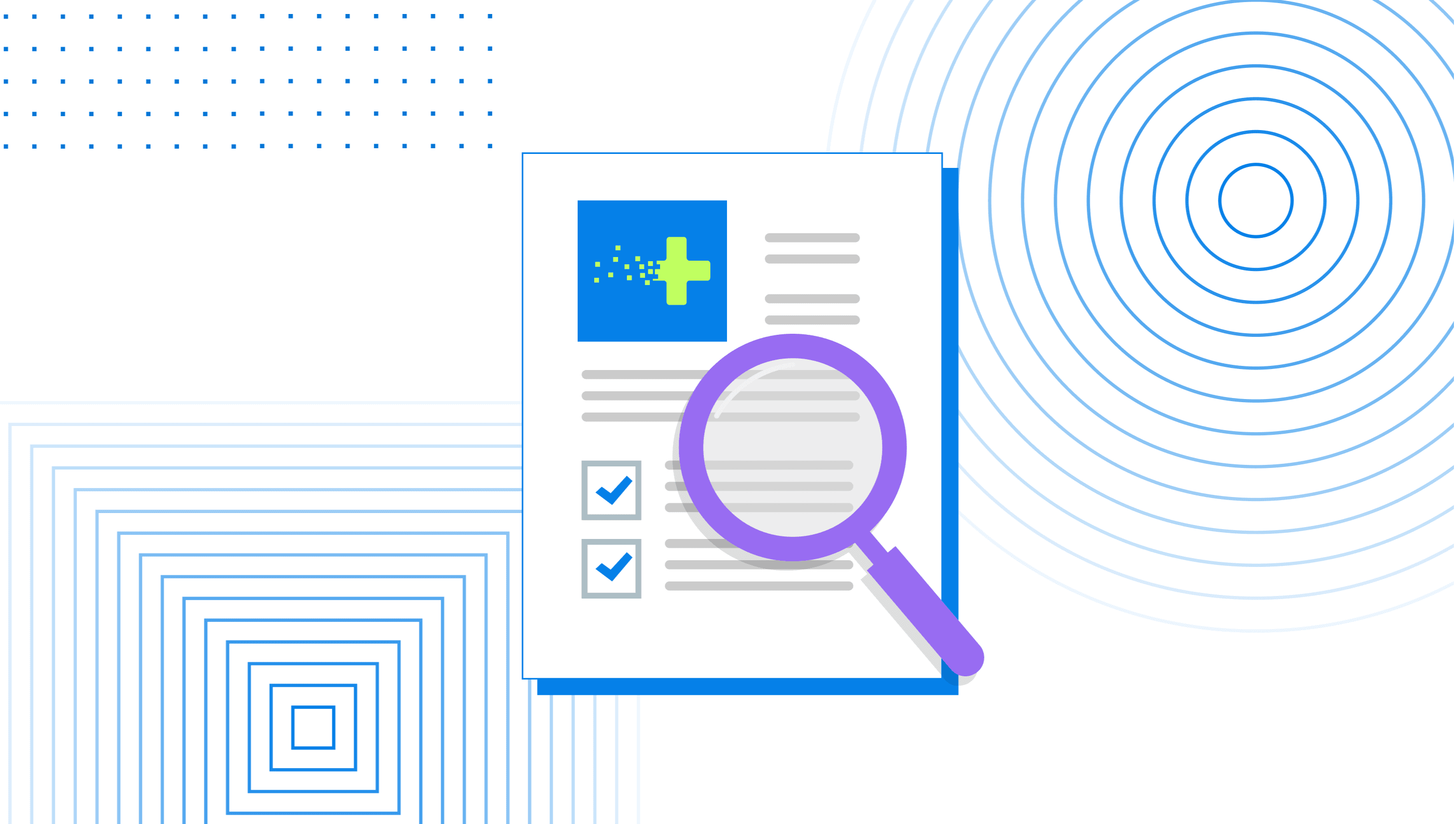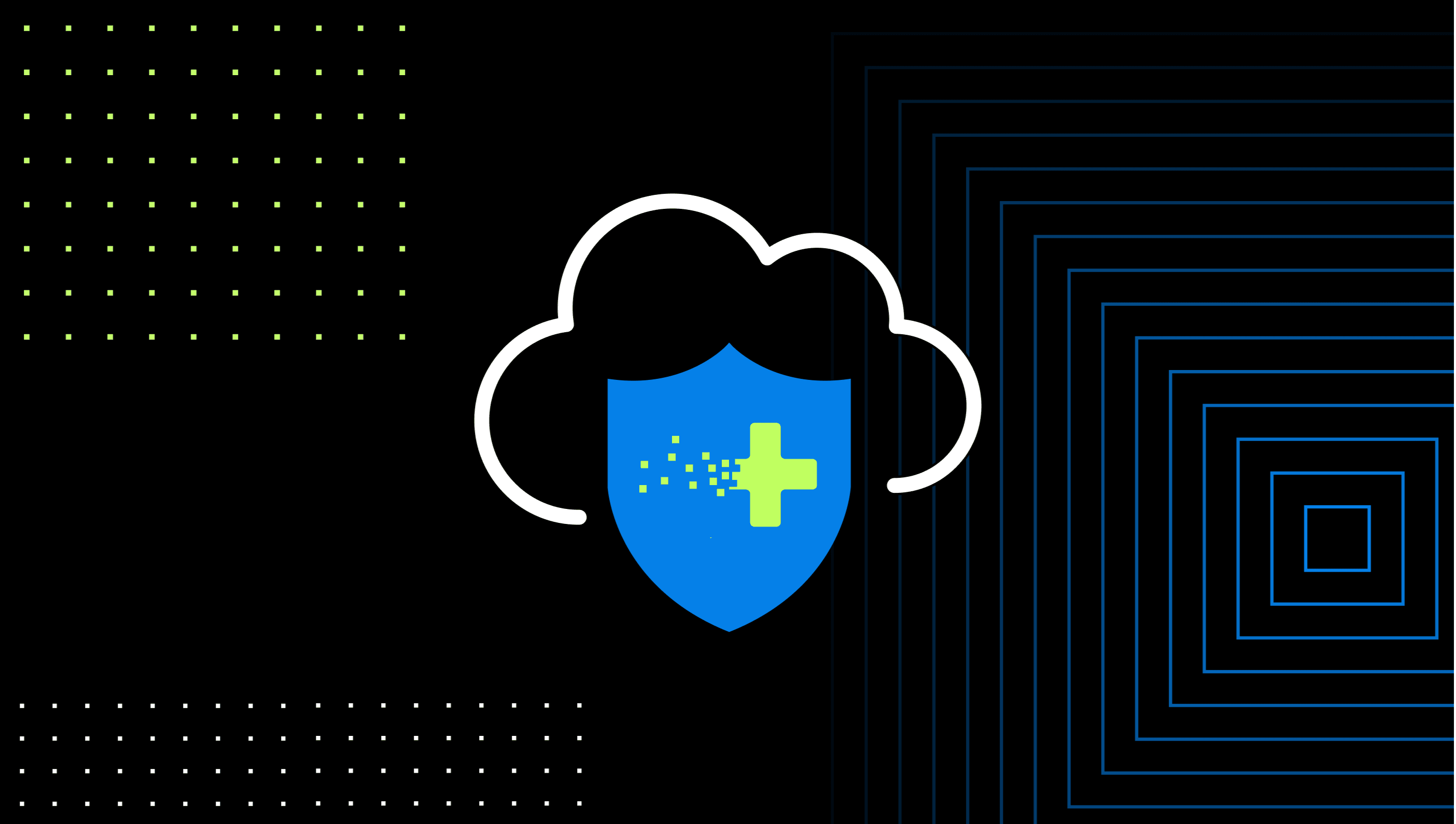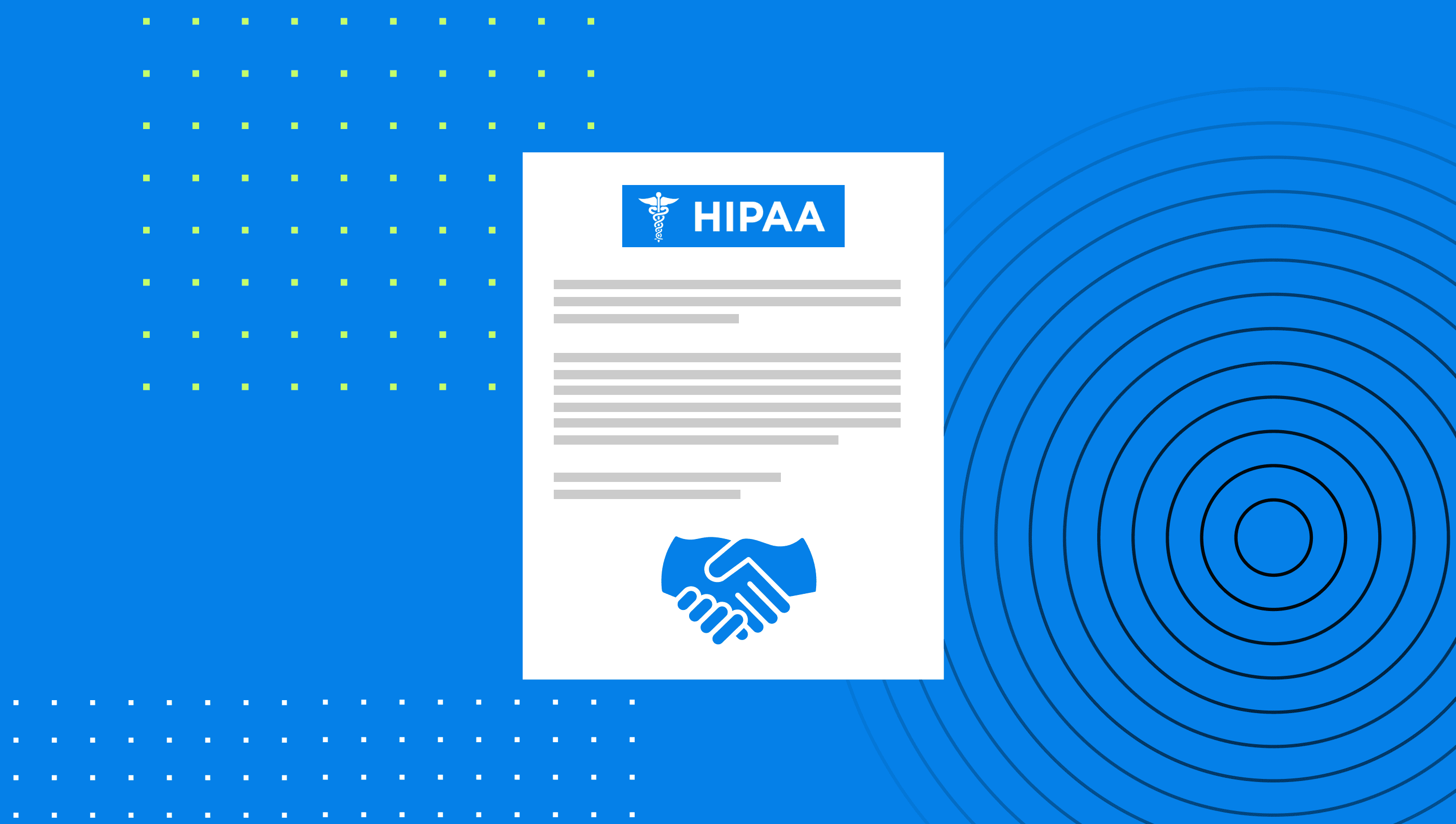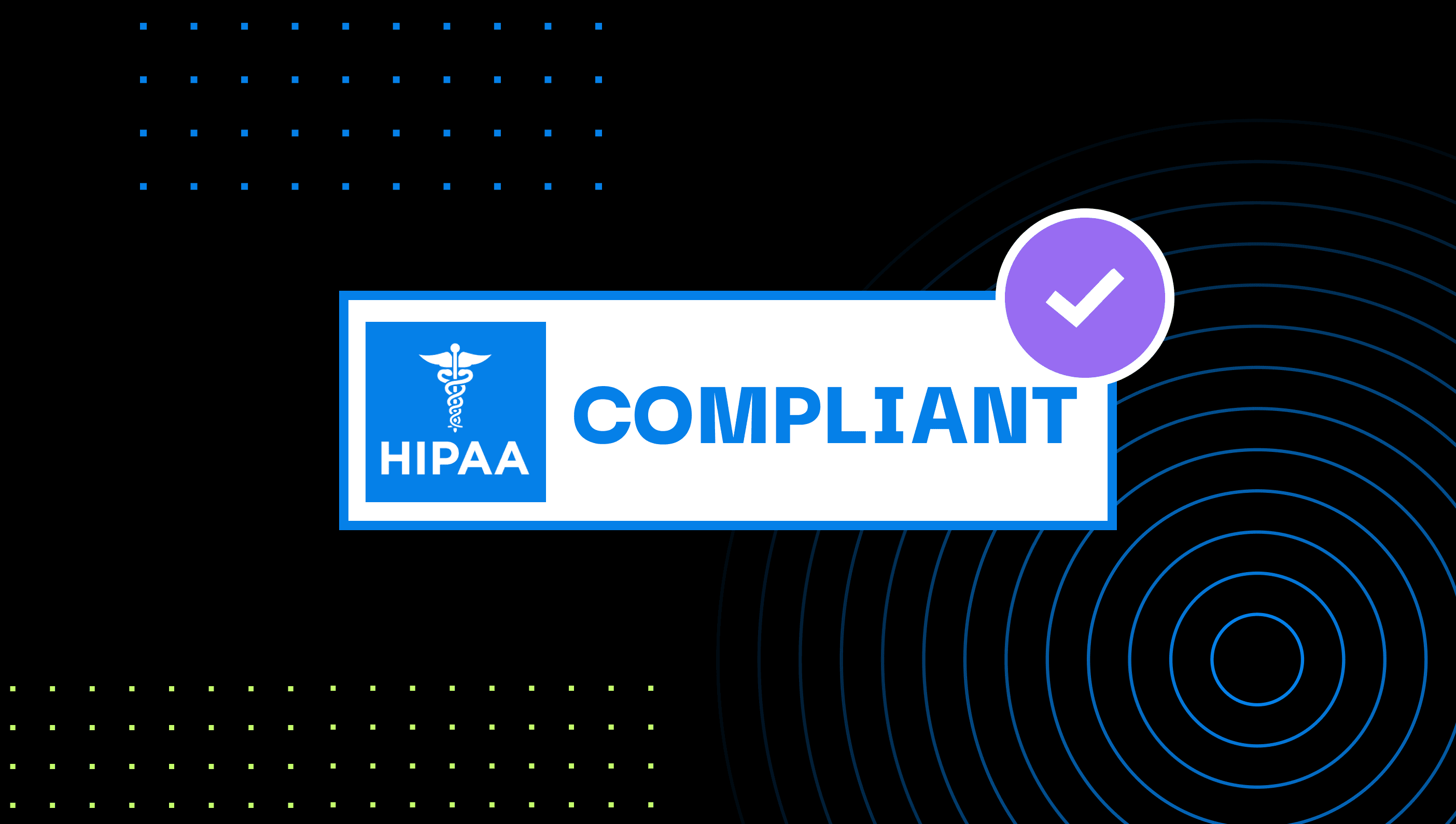How Much Does HIPAA Compliance Certification Cost in 2025? A Complete Guide
Understand the full cost of HIPAA certification and compliance, including audits, training, risk assessments, and the consequences of getting it wrong.
HIPAA compliance is required. HIPAA certification is optional. However, for many businesses, the two are closely connected.
The government doesn’t issue a formal or official certification. Instead, third-party firms offer assessments and HIPAA training programs that can certify your organization’s compliance with the Privacy, Security, and Breach Notification Rules. While not officially mandated, these certifications can reduce friction in sales cycles, simplify vendor reviews, and help demonstrate a strong security posture.
The costs associated with HIPAA depend on two things: what it takes to get certified, and what it takes to stay compliant. That includes direct costs (like audits, training courses, and HIPAA risk assessments) and indirect ones, like the internal resources required to document controls and close gaps.
In this guide, we break down those costs in plain terms. You'll learn what impacts pricing, what to expect based on company size, and how automation can reduce manual work while improving audit readiness.
New to HIPAA? We’ve created a HIPAA compliance checklist resource to help you kick off your compliance journey.
What is HIPAA Certification?
HIPAA certification is not a regulatory requirement, and there’s no official certification issued by the U.S. Department of Health and Human Services (HHS). However, third-party organizations do offer HIPAA compliance training programs, risk assessments, and audit services that result in a certification of completion or compliance (though the HHS makes it clear that it doesn’t endorse or otherwise recognize private organizations’ “certifications” regarding the HIPAA Security Rule).
As such, these certifications serve two main purposes:
For individuals: They demonstrate that someone has been trained on HIPAA requirements, often as part of employee onboarding or role-based compliance.
For organizations: They signal to customers, partners, and regulators that HIPAA safeguards are in place, and that those controls have been independently evaluated.
What certification doesn’t do is guarantee compliance. The law requires ongoing adherence to the HIPAA Privacy Rule, Security Rule, and Breach Notification Rule. That includes technical safeguards, administrative processes, physical security, training, and incident response. Certification is only a point-in-time validation. Compliance is continuous.
Who Needs to be HIPAA Certified?
Technically, no organization is required to be HIPAA certified (again, because HIPAA doesn’t recognize or mandate certification). That said, organizations that handle protected health information (PHI) are required to be compliant with HIPAA.
Third-party certification can validate your organization’s internal efforts, help satisfy due diligence requests, and demonstrate that a formal program is in place. Thus, for many, it functions as a business credential.
That applies across two primary groups:
Covered entities are organizations directly regulated under HIPAA. They include healthcare providers (e.g., hospitals, clinics, physicians), health plans (e.g., insurers, HMOs), and healthcare clearinghouses. Covered entities are responsible for safeguarding PHI and ensuring that any third-party vendors they work with do the same.
Business associates. These are companies that provide services to covered entities and have access to PHI. Common examples include SaaS platforms serving healthcare clients, managed service providers (MSPs), billing or claims processing firms, cloud storage and hosting providers, IT consultants, or data analytics vendors. For these organizations, HIPAA certification can sometimes be a sales or contractual requirement, as covered entities want evidence that PHI will be handled securely, and without it, vendors may lose deals or fail security reviews.
What is the Cost of HIPAA Certification?
You won’t find a neat, standardized price for HIPAA certification. Since the HHS doesn't issue or require certification, the cost depends on the provider, the scope of services included, and how much support your organization wants or needs.
What is required is HIPAA compliance, and we do have clearer insight into what that entails. Upon releasing the HIPAA Final Rule in 2013, the HHS estimated that the average total cost of achieving and maintaining compliance is approximately $1,210 per organization for core administrative requirements:
Notice of Privacy Practices: $80
Breach Notification Requirements: $763
Business Associate Agreements: $84
Security Rule Compliance for Business Associates: $283
However, those figures represent minimal administrative obligations, not the full cost of building a secure, scalable HIPAA compliance program. In practice, you can expect your organization to spend significantly more on implementation, training, and external support:
Risk analysis and risk management plans: $2,000–$20,000
Policy creation and documentation: $1,000–$5,000
Employee training: $30–$50 per person, annually
Vulnerability scanning or penetration testing: $800–$5,000
Remediation and gap closure: $1,000–$10,000 depending on findings
Readiness assessments or mock audits: $10,000–$15,000
Onsite HIPAA audits: $40,000+
The more complex your infrastructure, the higher your costs, especially if you're starting without formal privacy or security controls in place. Certification adds another layer, and pricing varies based on whether you're paying for training, advisory support, policy templates, or a full audit with certification deliverables.
Factors That Influence HIPAA Certification and Compliance Costs
As you can tell from the wide range of estimates in the previous section, HIPAA certification and compliance costs aren’t fixed. They depend on how your business operates, what compliance gaps exist, and how much support you need to close them. Below are the main factors that shape what organizations end up spending.
Size and Complexity of the Organization
A small SaaS provider handling limited volumes of PHI will spend far less than a multi-location health system with complex infrastructure and hundreds of employees. More systems mean more access points to secure, more documentation to maintain, and more controls to test. That also means a larger audit footprint and higher costs, especially when third-party assessments are involved.
Maturity of the Existing Security Program
Organizations with a well-defined security program (access controls, encryption, audit logging, training, and incident response) have a head start. If your controls already meet HIPAA’s requirements, compliance becomes a matter of validating what’s in place. However, if key elements are missing or undocumented, expect higher costs tied to remediation, retooling, and added consulting time.
This is often where internal risk assessments or third-party readiness reviews uncover the bulk of indirect costs.
Scope of the Assessment
Third-party certification providers don’t all follow the same playbook. Some offer a surface-level review, checking that you have the required policies and training in place. Others conduct a deeper evaluation, which can include reviewing technical controls, testing access restrictions, and confirming that risk assessments are up to date.
The more systems, vendors, and workflows included in the certification scope, the higher the cost. A limited-scope attestation might cover only core systems, while a full-scope certification often extends to cloud environments, backup systems, and third-party processors. That level of rigor increases both the time required and the fee structure.
In-House vs. Third-Party Support
Some organizations elect to manage HIPAA compliance prep internally, relying on their legal, compliance, or IT teams. Others bring in external firms for support, especially when they need to move quickly, lack dedicated GRC expertise, or are targeting enterprise deals that require formal validation.
Third-party HIPAA consultants typically charge between $250 and $300 per hour for advisory services. A full readiness project, including policy review, risk assessment, and mock audit, can cost $10,000 to $40,000 or more, depending on scope. While these services can accelerate audit timelines, they also increase total spend, especially if there’s a need for ongoing support or remediation post-initial review.
Use of Automation Tools
Manual certification prep is expensive, mostly in time. Teams can easily spend weeks collecting evidence, updating policies, tracking access reviews, and building audit documentation. That work adds up fast, especially if it pulls engineers or security leads away from core responsibilities.
Automated compliance platforms tackle that burden by continuously monitoring controls, logging evidence, and surfacing gaps in real time. That means fewer hours spent on preparation, fewer mistakes during audits, and lower long-term costs.
Learn how Pear Health saved nearly 9 months implementing HIPAA compliance with Drata.
The Cost of Non-Compliance With HIPAA
Clearly, the costs of HIPAA compliance add up. But we’d be remiss not to weigh them against the far steeper consequences of getting it wrong.
For starters, there are the penalties. The Office for Civil Rights (OCR), which enforces HIPAA, has issued multimillion-dollar fines for common violations such as missing risk assessments, improperly handled patient records, or the absence of business associate agreements. Civil penalties can range from $100 to $1.5 million per year, depending on the nature and frequency of the violation.
But the real cost often follows a breach. When protected health information is exposed (through misconfigurations, lost devices, ransomware, or employee error), the financial fallout goes far beyond fines. According to IBM’s Cost of a Data Breach Report 2024, the average cost of a data breach in the healthcare industry was $9.77 million, making it the most expensive industry for breaches for the 13th year in a row. It’s also significantly higher than the global average of $4.88 million, which shows just how exposed healthcare is compared to other industries. These costs include breach investigation, containment, legal fees, credit monitoring, regulatory reporting, and lost revenue.
What’s more, it takes time. The same report found that the average breach in healthcare takes 258 days to identify and contain. That’s nearly nine months of potential exposure, uncertainty, and operational disruption.
The reputational damage is hard to quantify but very real. The HHS publicly lists HIPAA breaches. If they appear on the “Wall of Shame,” customers, partners, and prospects will see them. That kind of exposure can damage your brand, derail your pipeline, and result in churn from partners who no longer view your organization as trustworthy.
There’s also the opportunity cost. If you’re a business associate, many hospitals, health systems, and insurers require documented HIPAA compliance before signing a contract. Without it, you might get disqualified during procurement, lose deals at the finish line, or struggle to move into regulated markets.
So yes, compliance has a price. But non-compliance can cost your business everything else.
Streamline HIPAA Compliance With Drata
HIPAA compliance costs vary, sometimes significantly. What doesn’t change is the need for clear policies, ongoing risk assessments, secure systems, and a way to prove it all when customers or regulators come knocking.
Whether you're pursuing compliance for the first time or leveling up an existing program, the goal isn’t just passing an audit. It’s building a compliance foundation that’s sustainable, repeatable, and trusted. That’s where most of the cost comes from, and where most of the value lies.
Drata helps your organization get there faster. With automated evidence collection, continuous control monitoring, pre-mapped HIPAA frameworks, and real-time visibility into your compliance posture, Drata replaces weeks of manual work with a platform built for scale. You’ll know where you stand at all times, fix gaps before they become liabilities, and walk into audits with everything in place—no spreadsheets, no scramble.
You don’t have to choose between becoming compliant and staying lean. Drata helps you do both.
Ready to reduce the cost, complexity, and time it takes to get HIPAA compliant? Book a demo and see how Drata streamlines the entire process.
HIPAA Certification Cost Frequently Asked Questions (FAQs)
Get the answer to the most common questions about HIPAA compliance and certification costs.
Is HIPAA Certification Required by Law?
No. HIPAA compliance is mandatory under U.S. law, but certification is not. The Department of Health and Human Services (HHS) does not offer or endorse any official certification program. That said, many companies pursue third-party certification as a way to demonstrate compliance to customers, prospects, and partners.
How Much Does HIPAA Certification Cost?
HIPAA certification costs vary. Achieving HIPAA compliance typically costs $5,000 to $30,000 for small to mid-sized companies. Pursuing third-party certification adds another layer of expense, ranging from $10,000 to $40,000 or more, depending on the provider, scope, and how much support you need.
What’s the Difference Between HIPAA Compliance and HIPAA Certification?
Compliance means meeting the legal and technical requirements defined in the HIPAA Privacy, Security, and Breach Notification Rules. Certification is an optional, third-party validation that your organization has implemented those requirements correctly. Compliance is the law. Certification is an optional proof that you’re following it.
Who Certifies HIPAA Compliance?
Instead, HIPAA compliance can be evaluated by independent firms, consultants, or compliance platforms. These entities assess your policies, controls, and documentation and may issue a certificate of completion or an audit report. While these documents can be useful for internal assurance and customer trust, regulators do not recognize them as proof of compliance.
What Happens if We’re Not HIPAA Compliant?
Organizations that fail to comply with HIPAA risk enforcement action from the HHS OHR, civil monetary penalties, breach-related costs, and public exposure. Fines can reach $1.5 million per year for willful neglect, and the average cost of a healthcare breach was $9.77 million in 2024, according to IBM.
See Third-Party Risk Trends
Get the 2023 Risk Trends Report to learn trends and pressing issues surrounding third-party risk and processes to manage it.





